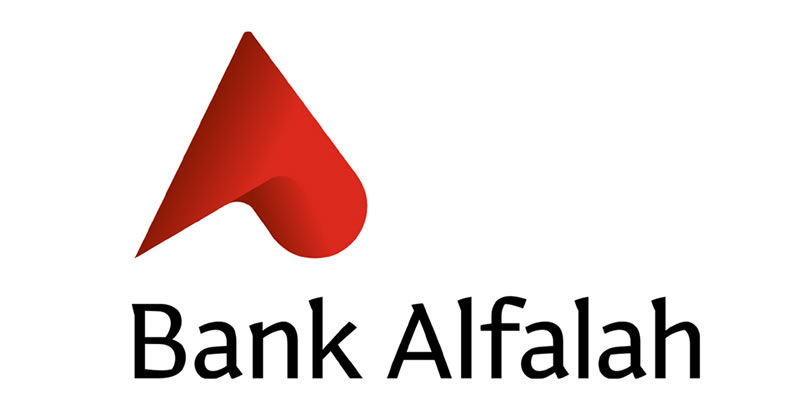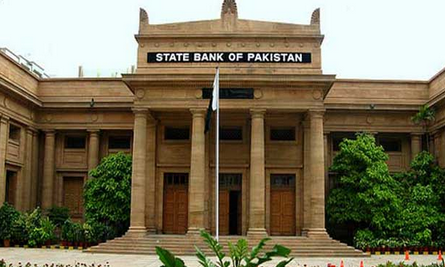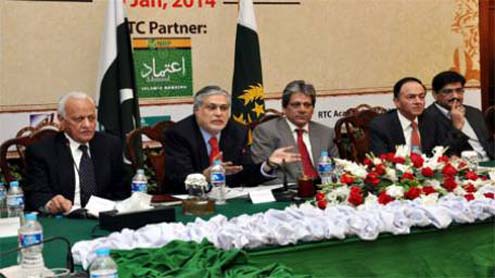
KARACHI: State Bank of Pakistan stressed upon the banks to give top most priority to Small and Medium Enterprise (SME) banking with a view to ensuring uninterrupted flow of financial access to them in the country.
The governor, SBP, Yaseen Anwar at the signing ceremony of the Project Document between the Bank and Bank Alfalah (BAF) under the DFID-funded Financial Inclusion Programme (FIP) on Monday said the role of banks, especially of mid-tier banks, was crucial to ensure unhindered flow of financial resources to the SME sector which was the engine of economic growth in Pakistan. Though many banks in the market are trying to improve their market position in order to serve the sector more effectively, the current level of SME finance as well as an overall level of SMEs’ access to banking services remain unsatisfactory and as such call for more serious efforts on part of the banks,’ governor added.
Anwar said SME financing is vital due to its key significant contribution in the economic development of Pakistan. The SME sector plays an important role in employment generation, poverty alleviation and equitable distribution of resources and is the engine of growth, he added. He pointed out there are 3.2 million economic establishments, of which 99 percent are SMEs and SME sector represents over 90 percent of all enterprises and employs 75 percent of the non-agricultural workforce and contributes 30 percent towards the national GDP. ‘However, despite its strong contribution in employment generation, exports, and national income, the SME sector is severely constrained in access to finance which is crucial for its growth,’ he added.
He advised the banks to study the international examples of successful SME banking models which include Retail-based Model for Mass SME, Relationship-based banking, Advisory-based lending services, Segment-based Model and Supply-chain linked Model. He said despite its immense significance and potential, the SME sector in Pakistan remained largely financially excluded, the current level of financing facilities to this sector stood at Rs 253 billion, constituting only 7 percent of the banks’ total advances. He said with the SBP-BAF and International Finance Corporation (IFC) nexus and the generosity of DFID, we could have more joint ventures of this sort in the future that would lead to a sustainable, sound and integrated financial system, characterised with ready access to finance, diversified loan portfolio and extended outreach to SMEs.
He said the Bank under the DFID-funded ‘Financial Inclusion Programme’ (FIP) would provide funding support to BAF in undertaking the IFC SME Advisory Project. ‘The main objective of the project is to create a symbolic podium which can position BAF to cater to the financing needs of the SME sector including the S and M segments through a holistic banking and advisory services solution,’ he added. DFID and SBP are keen to upscale FIP to reach out the unbanked segments in Pakistan. FIP funds will also be targeted to improve financial inclusion through SMEs banking, he added. British Deputy High Commissioner, Francis Campbell said the signing of this project highlights the significance of the relationship between Pakistan and Britain. He congratulated the governor, SBP and President BAF, Atif Bokhari for signing this project. He appreciated the role of DFID and IFC in promoting financial inclusion in Pakistan. -Dailytimes












